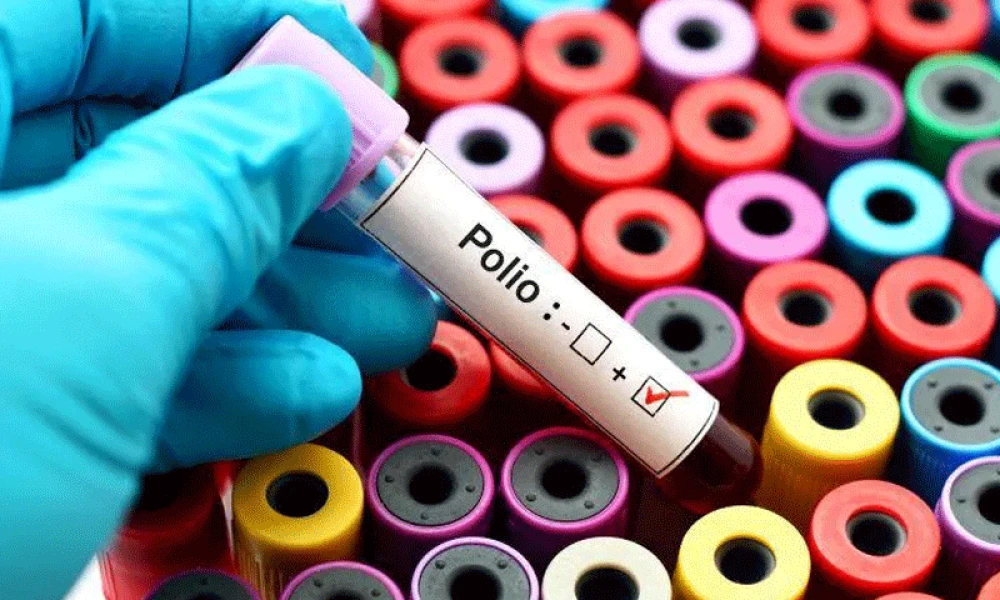Four additional sewage samples from previously affected districts have tested positive for wild poliovirus Type-1 (WP1), bringing the total number of positive environmental samples to 112 for the year.
The National Institute of Health’s (NIH) Regional Reference Laboratory for Polio Eradication confirmed this development, noting that polio was detected in three samples collected from various districts of Karachi and one from Pishin.
These samples are genetically linked to the imported YB3A cluster of wild polioviruses Type-1. According to a laboratory official, the virus has been identified in sewage samples from 33 districts thus far in the year. All positive samples and two reported human cases are associated with the YB3A cluster, which was eradicated from the country in 2021 but re-emerged from Afghanistan through cross-border transmission last year.
The laboratory official emphasized the significance of sewage water samples in assessing the efficacy of polio eradication efforts. The presence of the virus in sewage indicates a decline in children’s immunity in the area, heightening the risk of polio infection among them.


